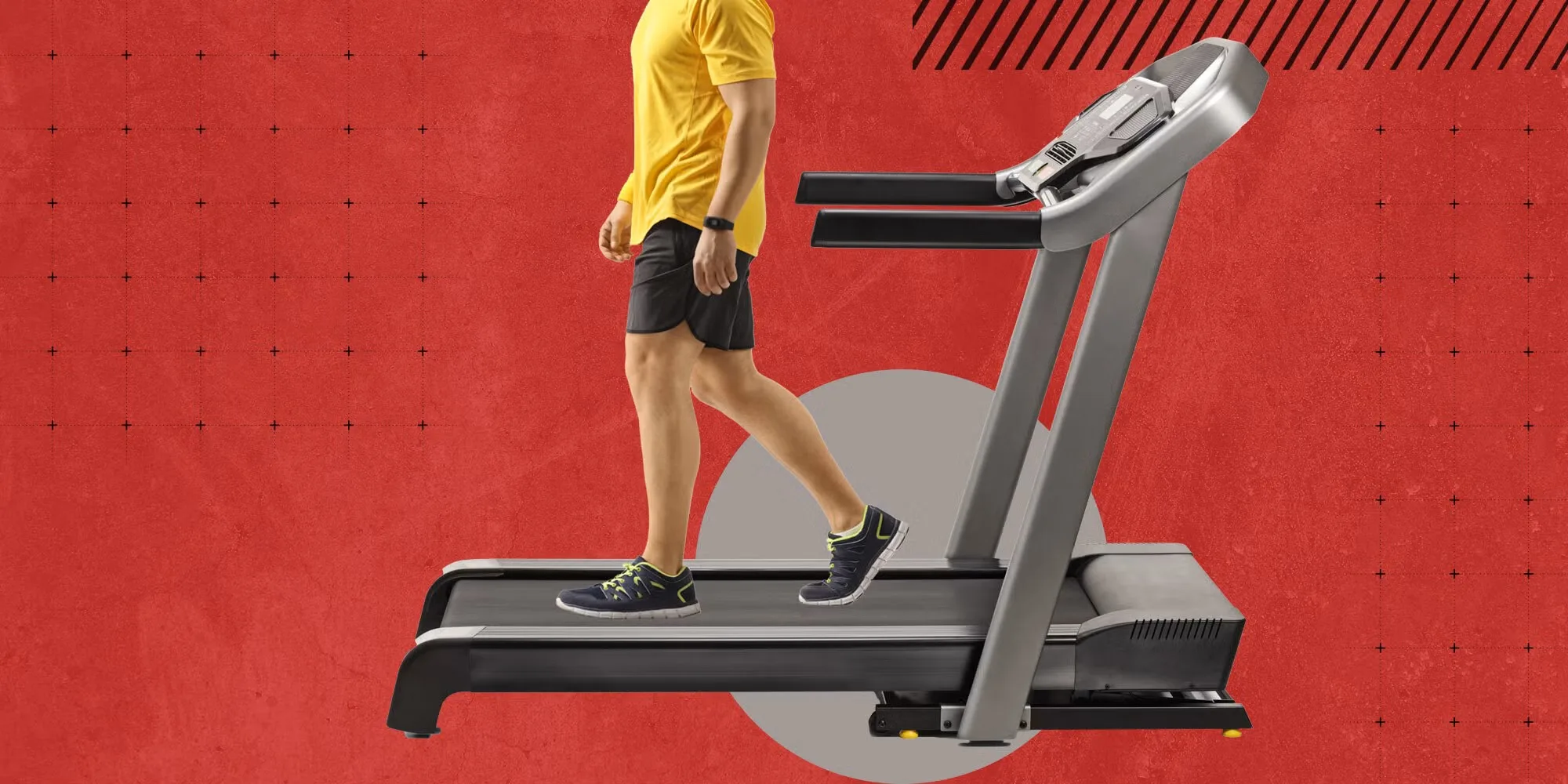When did we trade in our instruments for the remote control? For many of us, the days of piano lessons, choir practice, or even just strumming a guitar in the garage are distant memories. We may not have become the next Mozart, but it turns out those childhood music classes might have been doing more than just teaching us “Hot Cross Buns.” A new study suggests that making music, at any age, is a powerful tool for keeping our brains in tune.
It’s no secret that as we age, our brains need a little more help to stay sharp. We worry about things like memory lapses and fumbling for words. The good news is, you don’t have to start running marathons or learning a new language to keep your mind nimble. You might just need to dust off that old keyboard or join a community singing group. It seems that the secret to a healthy brain might just be found in a familiar melody.
Your Brain on Music: A Lifetime of Benefits
Researchers have long known that keeping the brain active is key to building what’s called “cognitive reserve.” Think of it as a savings account for your brain. The more you put in when you’re young, the more you have to draw on later in life. Activities like education, hobbies, and even your career all contribute to this reserve. And now, a large new study is adding music to the top of that list.
A study called PROTECT-UK looked at over 1,500 adults, with an average age of 67, and found some fascinating connections between music and brain health. Participants who had played an instrument at some point in their lives showed better performance on memory and executive function tasks. This wasn’t just a small difference—the effects were significant enough to suggest that making music might be a powerful way to fend off age-related cognitive decline.
But here’s the most intriguing part: the benefits don’t disappear just because you stopped playing. The study found a lasting impact on the brains of people who had formal musical training in their youth. However, those who continued to play music into their later years showed even greater benefits, particularly in working memory. It seems that consistent practice keeps the cognitive gears well-oiled.
What to Play, and Why It Matters
The type of instrument you play might also make a difference. Participants who played the keyboard, for instance, showed a particularly strong link to improved working memory. Brass instrument players also saw a boost. And for those who prefer to use their own vocal cords, the study found that singing was linked to better executive function. This could be because singing, especially in a group, is a complex task that requires coordinating breath, rhythm, and social cues. It’s like a full-body workout for your brain.
So, what does this mean for you? If you’ve always wanted to learn an instrument, now is the perfect time. If you played as a child but haven’t touched a piano since, consider revisiting it. Or, if you’re not ready to commit to an instrument, joining a local choir might be just the thing. The study found no significant link between simply listening to music and cognitive performance, which suggests that the active engagement of making music is the key.
This research reminds us that it’s never too late to pick up a new—or old—hobby. The journey might be a little wobbly at first, and you might not sound like a virtuoso, but your brain will thank you for it. So, go ahead, find your rhythm, and give your mind the music it deserves.
Source:











